Nutrition & Diet Advice
A great fitness routine is just one part of a wellbeing journey – by focusing on your diet and nutrition you can help boost your exercise and hit those health, strength or weight loss goals faster and more effectively. Read our guides for tips and advice on how to make the most of your eating habits.
Latest Post

Six Food Swaps For A Lighter Summer Barbecue
Here are six food swaps to help make your next barbecue a bit lighter and kinder on your waistline.
Read MoreNutrition & diet advice categories
More categories
Latest Posts
 Six Food Swaps for a Lighter Summer Barbecue
Six Food Swaps for a Lighter Summer Barbecue High Protein Cobb Salad Recipe
High Protein Cobb Salad Recipe Chicken Satay Slaw Salad Recipe
Chicken Satay Slaw Salad Recipe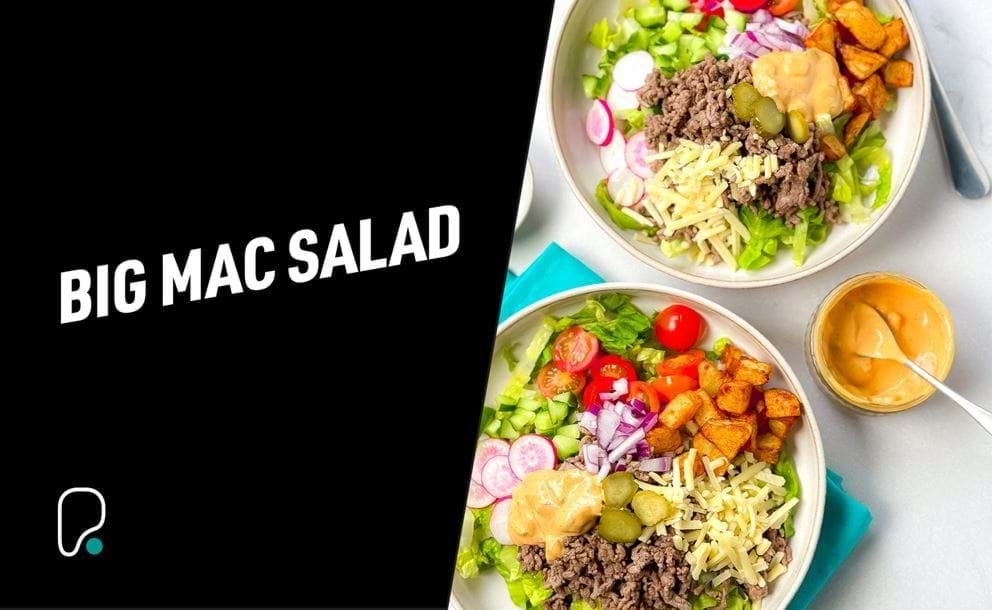 Big Mac Salad Recipe
Big Mac Salad Recipe Planning ahead for the New Year’s diet
Planning ahead for the New Year’s diet Five easy lunchbox swaps to get you eating healthy
Five easy lunchbox swaps to get you eating healthy 14 Healthy Dinner Ideas under 500 calories
14 Healthy Dinner Ideas under 500 calories Your Marathon Training Diet Advice and Plan
Your Marathon Training Diet Advice and Plan What's the Truth About Skipping Breakfast?
What's the Truth About Skipping Breakfast? What Is Pre-Workout And How Can It Help Your Exercise Energy Levels?
What Is Pre-Workout And How Can It Help Your Exercise Energy Levels?  Intermittent fasting – what is it? And is it effective for fat loss?
Intermittent fasting – what is it? And is it effective for fat loss?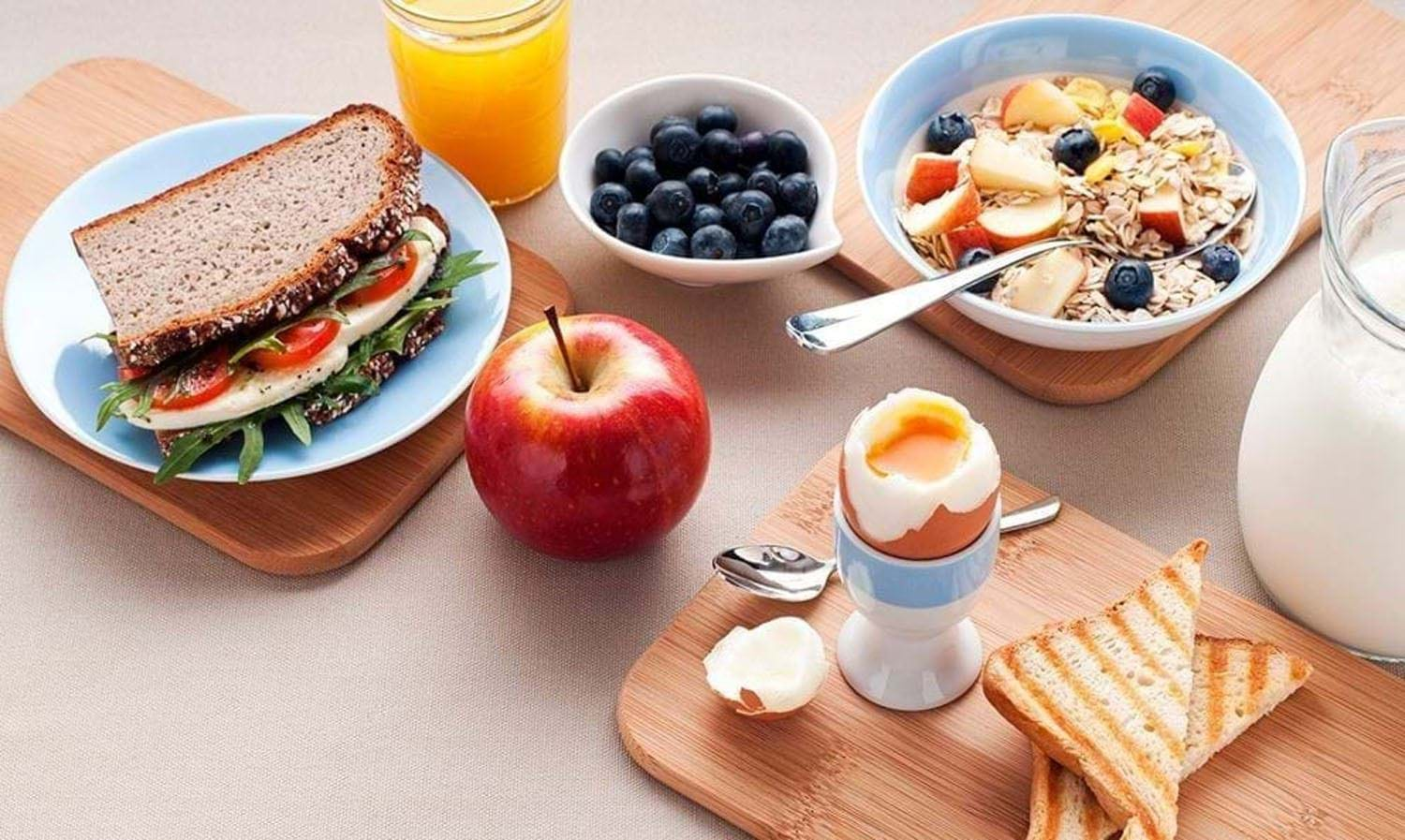 What foods are good for a post-gym workoutWhat effect do painkillers have on muscle growth?
What foods are good for a post-gym workoutWhat effect do painkillers have on muscle growth? What Cooking Oil Should I Be Using?
What Cooking Oil Should I Be Using? 6 weight loss tips for women
6 weight loss tips for women The Weight Loss For Men Guide
The Weight Loss For Men Guide Water Weight: What Is It and Why Does It Matter
Water Weight: What Is It and Why Does It Matter  Top tips for starting a gym routine
Top tips for starting a gym routine Too Tired To Exercise? How To Boost Energy For The Gym
Too Tired To Exercise? How To Boost Energy For The Gym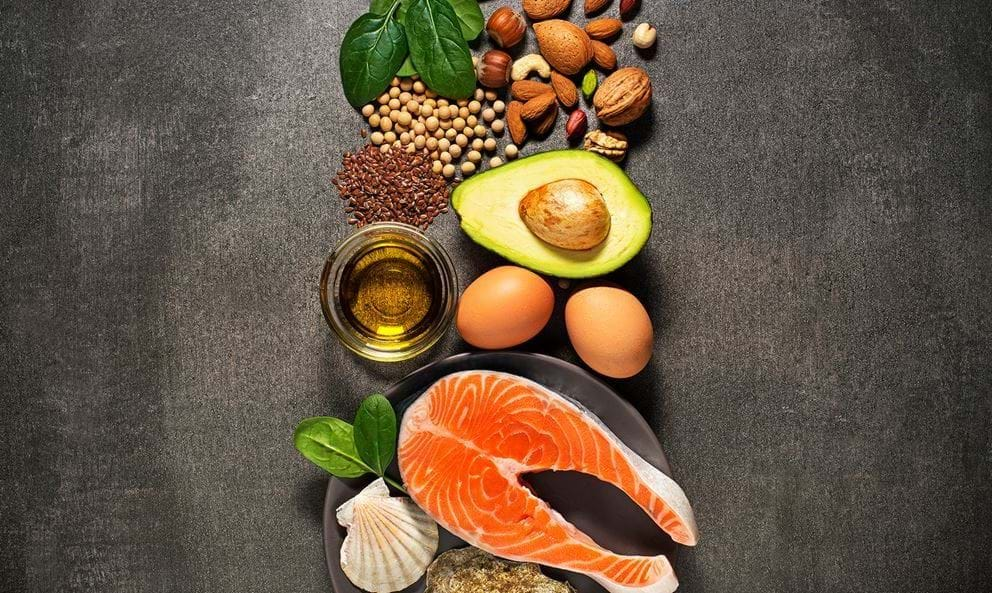 How to meal prep for the week
How to meal prep for the week The Advantages of a High Protein Diet
The Advantages of a High Protein Diet  Seven Super-Healthy Snacks to Eat Between Workouts
Seven Super-Healthy Snacks to Eat Between Workouts Healthy lunches that can be made in under 10 minutes
Healthy lunches that can be made in under 10 minutes Pre, during and post workout nutrition: when’s best?
Pre, during and post workout nutrition: when’s best?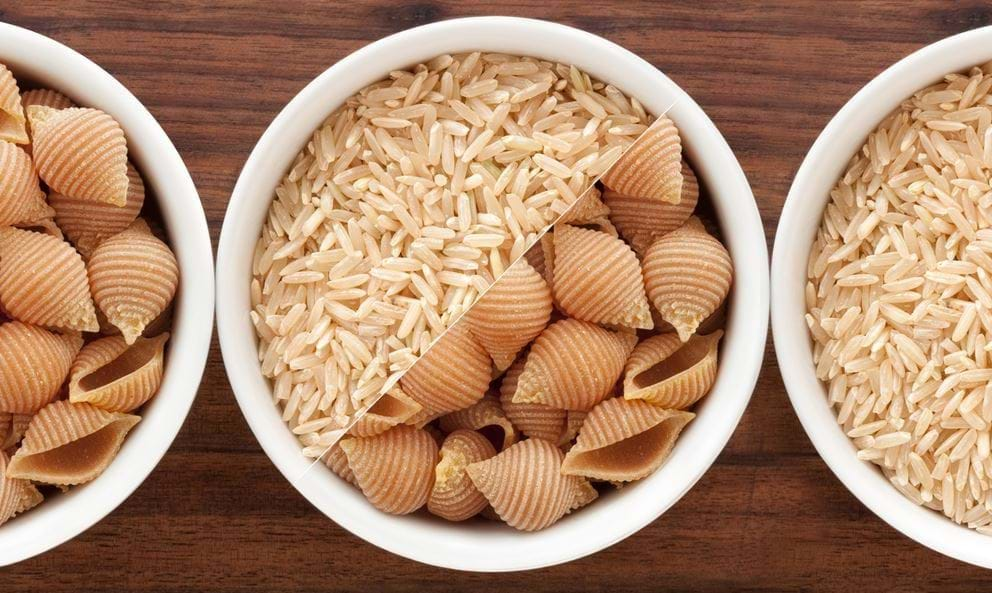 Pasta vs Rice: Which has More Nutritional Value?Low-carb or low-fat: Which is best for muscle definition?
Pasta vs Rice: Which has More Nutritional Value?Low-carb or low-fat: Which is best for muscle definition? What To Eat Before And After A Long Run
What To Eat Before And After A Long Run Why Does the Gym Make Me Feel So Hungry?
Why Does the Gym Make Me Feel So Hungry? The Truth About Fruit And Sugar
The Truth About Fruit And Sugar Is it Good or Bad to Eat Before Bed?
Is it Good or Bad to Eat Before Bed?  Why you’re not making progress in the gym
Why you’re not making progress in the gym Hydrate Naturally During Exercise
Hydrate Naturally During Exercise 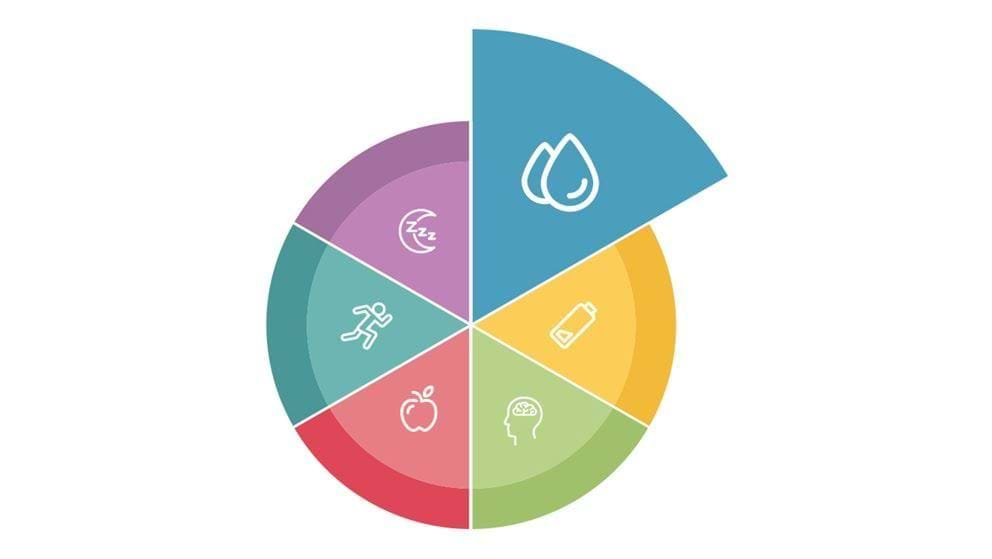 How To Stay Hydrated: Benefits And Top Tips
How To Stay Hydrated: Benefits And Top Tips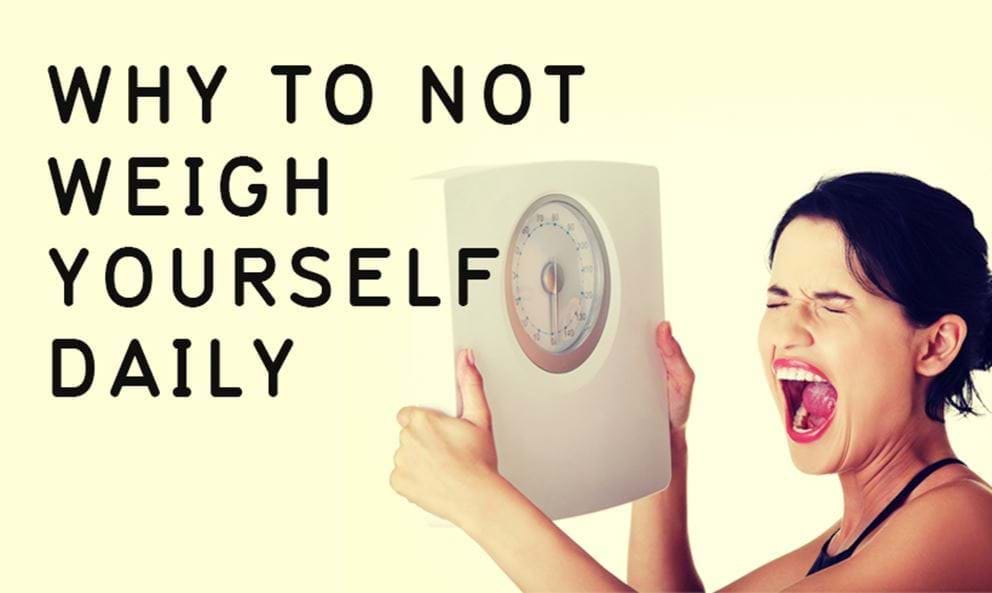 Why you shouldn't weigh yourself every day
Why you shouldn't weigh yourself every day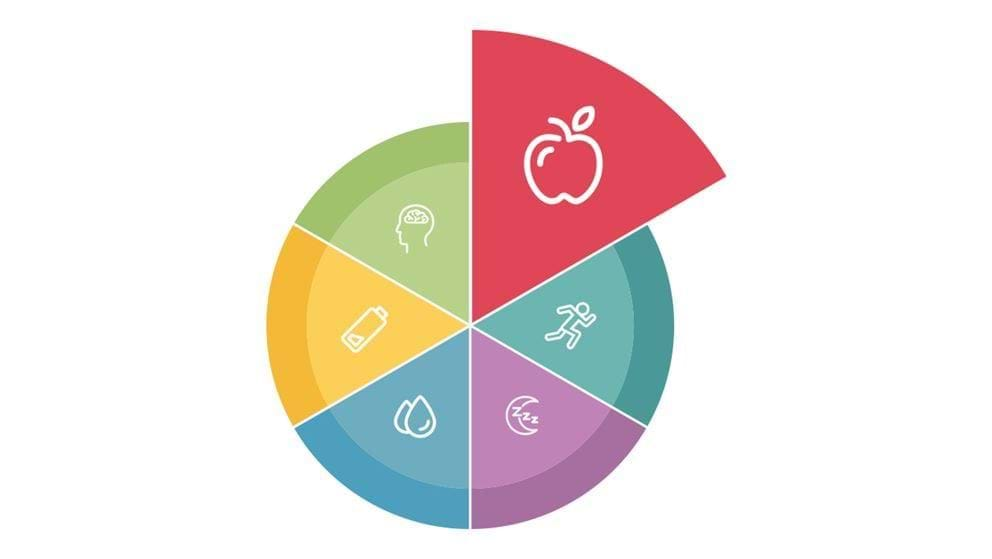 How to fuel your body
How to fuel your body How to build muscle in the kitchen
How to build muscle in the kitchen How Much Should You Be Eating?
How Much Should You Be Eating?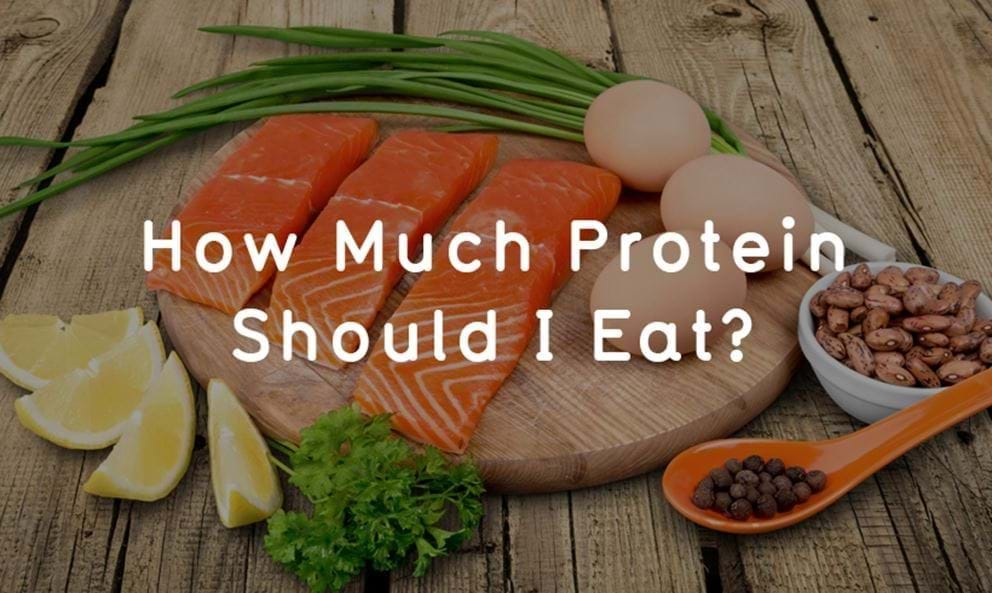 How much protein should I eat?
How much protein should I eat?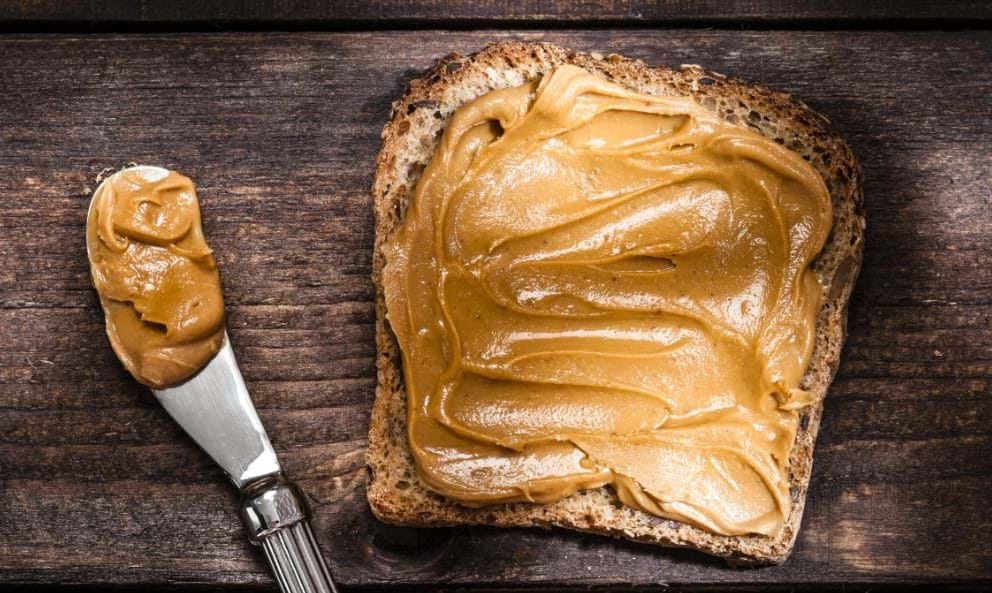 High Energy-Boosting Foods That Can Help Fuel Your Next Workout
High Energy-Boosting Foods That Can Help Fuel Your Next Workout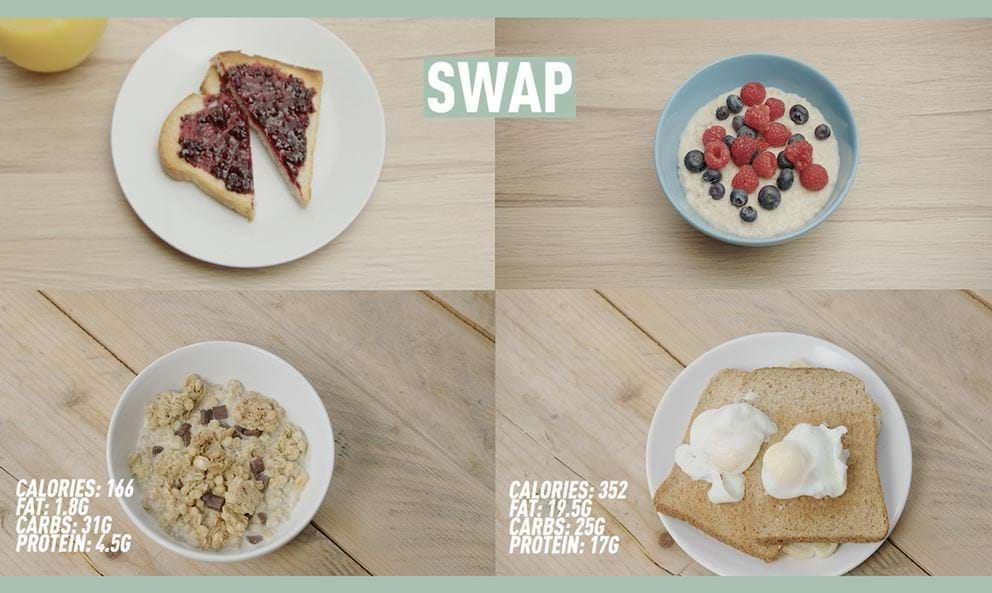 Healthy Food Swaps to improve your diet
Healthy Food Swaps to improve your diet Tips For Healthy Eating When Dining Out
Tips For Healthy Eating When Dining Out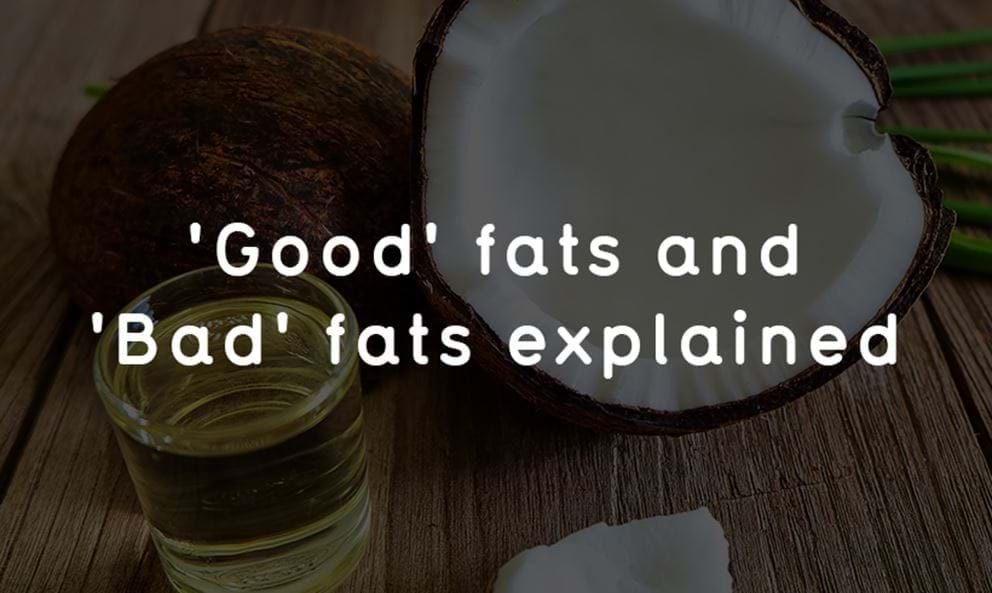 Good fats and bad fats explained
Good fats and bad fats explained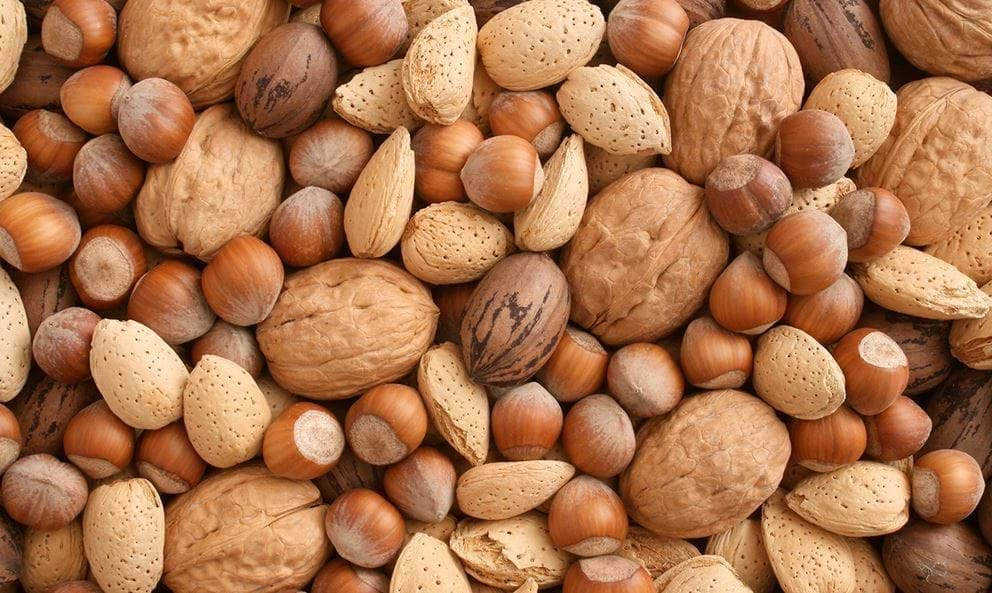 Go Nuts for Your Protein
Go Nuts for Your Protein Get Your Protein Naturally
Get Your Protein Naturally Getting into Shape: How Much of it is genetic?
Getting into Shape: How Much of it is genetic?  Which European countries consume the most sugar from soft drinks?
Which European countries consume the most sugar from soft drinks?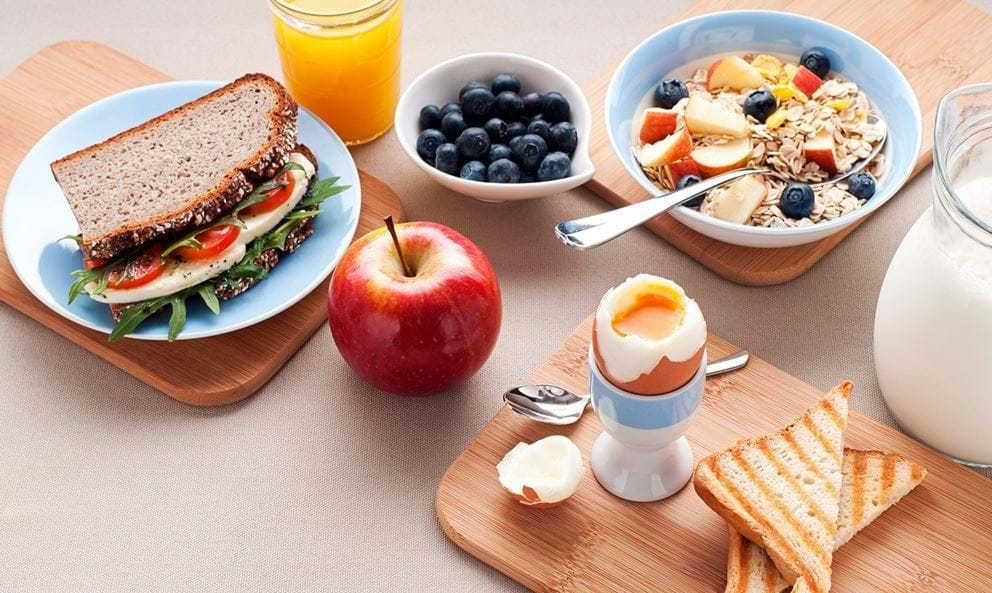 Eggs, Cereal or Fruit? Your Guide to the Best Pre-Gym Breakfast
Eggs, Cereal or Fruit? Your Guide to the Best Pre-Gym Breakfast Grubs for Gains: Would You Eat Bugs for a Protein Fix?
Grubs for Gains: Would You Eat Bugs for a Protein Fix? Easy Shakes for Every Purpose
Easy Shakes for Every Purpose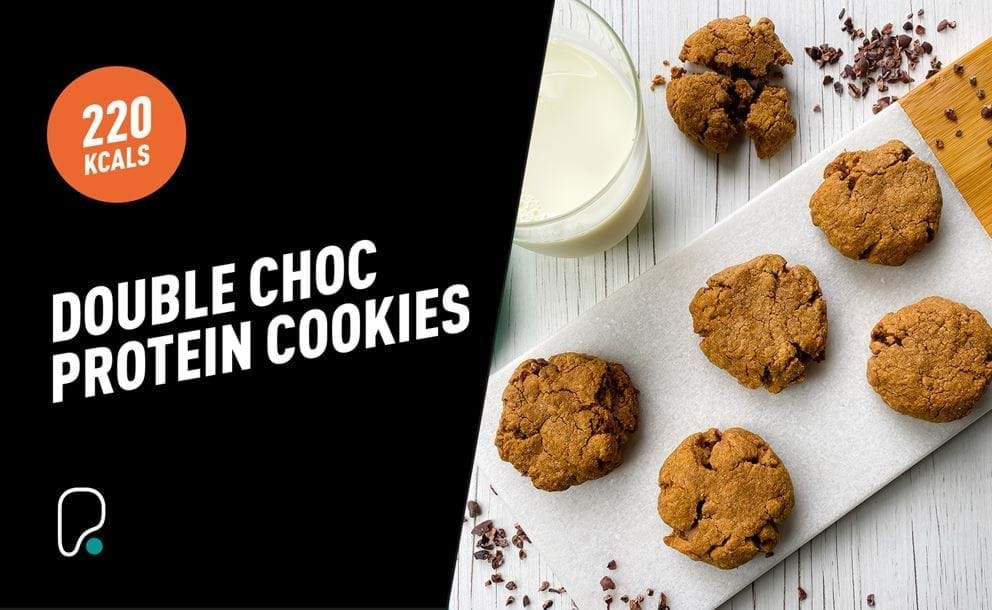 Double Chocolate Protein Cookies
Double Chocolate Protein Cookies The Most Common Diet & Fat Loss Nutrition Myths Debunked
The Most Common Diet & Fat Loss Nutrition Myths Debunked Chicken or Eggs: What Comes First in Terms of Protein?
Chicken or Eggs: What Comes First in Terms of Protein? Chicken and Roasted Veg Couscous
Chicken and Roasted Veg Couscous Changing your Mindset to break the Yo-Yo Diet Cycle
Changing your Mindset to break the Yo-Yo Diet Cycle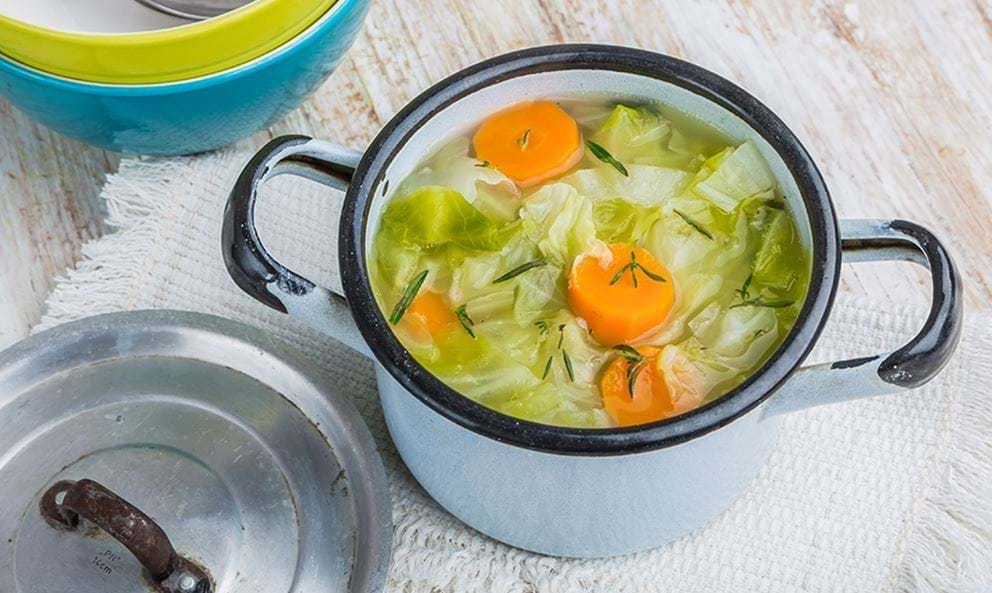 Cabbage Soup Diet: Negative Side Effects and AlternativesThe best exercises for weight loss
Cabbage Soup Diet: Negative Side Effects and AlternativesThe best exercises for weight loss Ask A Coach: What Should I Eat To Reach My Goals?
Ask A Coach: What Should I Eat To Reach My Goals? Are Protein Bars Good or Bad?
Are Protein Bars Good or Bad? Are carbs before bed bad for me?
Are carbs before bed bad for me? Are diet and zero calorie drinks bad for you?
Are diet and zero calorie drinks bad for you? Animal Protein Vs. Plant Protein: Which is Best for Building Muscle?
Animal Protein Vs. Plant Protein: Which is Best for Building Muscle? A beginner's guide to supplements
A beginner's guide to supplements Do You Really Need to Detox? 7 Tips and Tricks to Improve Your Health All Year Round
Do You Really Need to Detox? 7 Tips and Tricks to Improve Your Health All Year Round 5 easy and tasty snack swaps that will make you instantly healthier
5 easy and tasty snack swaps that will make you instantly healthier 4 Healthy Summer Food Swaps
4 Healthy Summer Food Swaps 11 simple nutritionist tips to eating healthier
11 simple nutritionist tips to eating healthier 10 healthy & cheap breakfast ideas you can make in 5 minutes
10 healthy & cheap breakfast ideas you can make in 5 minutes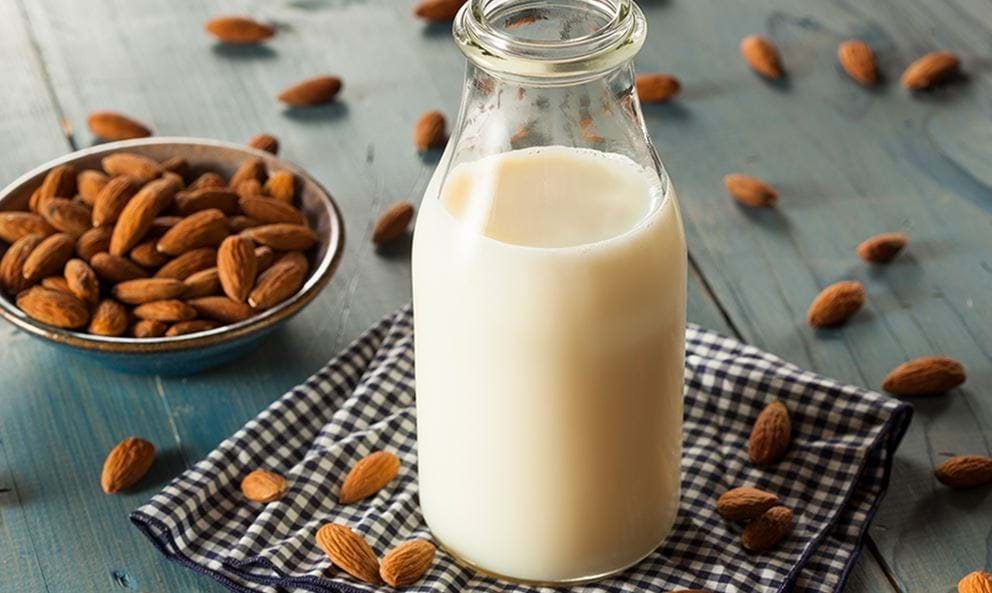 Which Milk is Best for You?
Which Milk is Best for You? Simple Salmon Meal Prep in 15 minutes
Simple Salmon Meal Prep in 15 minutes